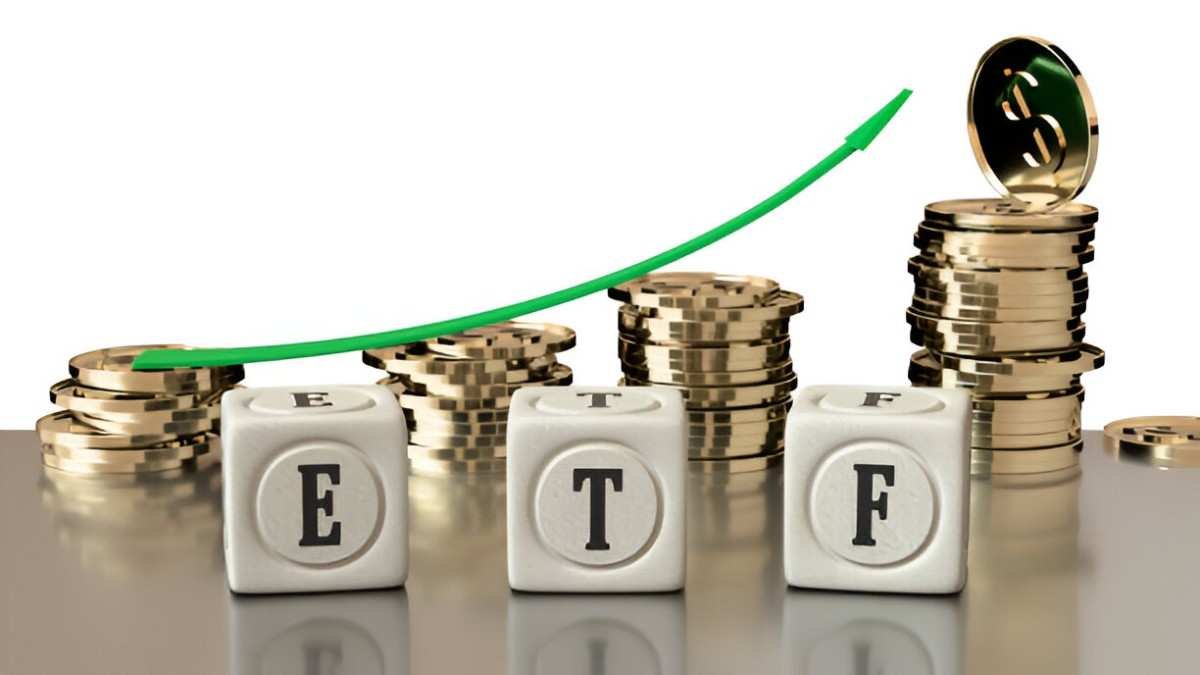Introduction
As a finance expert, I often get asked whether ETFs (Exchange-Traded Funds) or mutual funds offer better returns. The answer isn’t straightforward—it depends on fees, market conditions, and investment strategies. In this deep dive, I’ll compare ETFs and mutual funds, analyze historical performance, and explain the key factors that influence returns.
Table of Contents
Understanding ETFs and Mutual Funds
What Are ETFs?
ETFs are investment funds that trade on stock exchanges, much like individual stocks. They track indices, commodities, or baskets of assets. Their prices fluctuate throughout the trading day.
What Are Mutual Funds?
Mutual funds pool money from multiple investors to buy a diversified portfolio. They are priced once per day after market close.
Key Differences That Affect Returns
1. Expense Ratios and Fees
ETFs generally have lower expense ratios than actively managed mutual funds. The average ETF expense ratio is around 0.18\%, while actively managed mutual funds average 0.66\%.
Example Calculation:
If you invest \$10,000 for 20 years:
- ETF with 0.18\% fee: FV = 10,000 \times (1 + 0.07)^{20} \times (1 - 0.0018)^{20} \approx \$35,492
- Mutual fund with 0.66\% fee: FV = 10,000 \times (1 + 0.07)^{20} \times (1 - 0.0066)^{20} \approx \$30,742
The ETF saves you \$4,750 over two decades.
2. Trading Flexibility
ETFs trade intraday, allowing tactical moves. Mutual funds settle after market close, which can delay execution.
3. Tax Efficiency
ETFs typically generate fewer capital gains distributions due to their creation/redemption mechanism. Mutual funds, especially active ones, may trigger taxable events when managers sell holdings.
Performance Comparison
Historical Data
A study by Morningstar (2022) found that over a 10-year period:
| Fund Type | Avg. Annual Return | Success Rate (Beating Benchmark) |
|---|---|---|
| Passive ETFs | 8.2\% | 85\% |
| Active Mutual | 7.1\% | 35\% |
Passive ETFs outperformed most actively managed mutual funds, primarily due to lower fees.
Active vs. Passive Management
- ETFs: Mostly passive (index-tracking).
- Mutual Funds: Many are actively managed.
Active funds aim to beat the market but often fail. Only 24\% of active large-cap funds outperformed the S&P 500 over 15 years (SPIVA, 2023).
When Mutual Funds Might Win
1. Niche Strategies
Some mutual funds (e.g., small-cap value, emerging markets) outperform due to manager skill.
2. Institutional Share Classes
Certain mutual funds (like Vanguard Admiral Shares) have ultra-low fees, rivaling ETFs.
Risks and Considerations
ETF Risks
- Liquidity Issues: Some niche ETFs have low trading volumes.
- Tracking Error: Not all ETFs perfectly mirror their index.
Mutual Fund Risks
- Higher Costs: Expense ratios and sales loads eat returns.
- Tax Drag: Frequent trading can lead to capital gains taxes.
Conclusion
ETFs generally provide higher net returns than most mutual funds due to lower fees and tax efficiency. However, some actively managed mutual funds outperform in specific markets. The best choice depends on your strategy, costs, and investment horizon.





